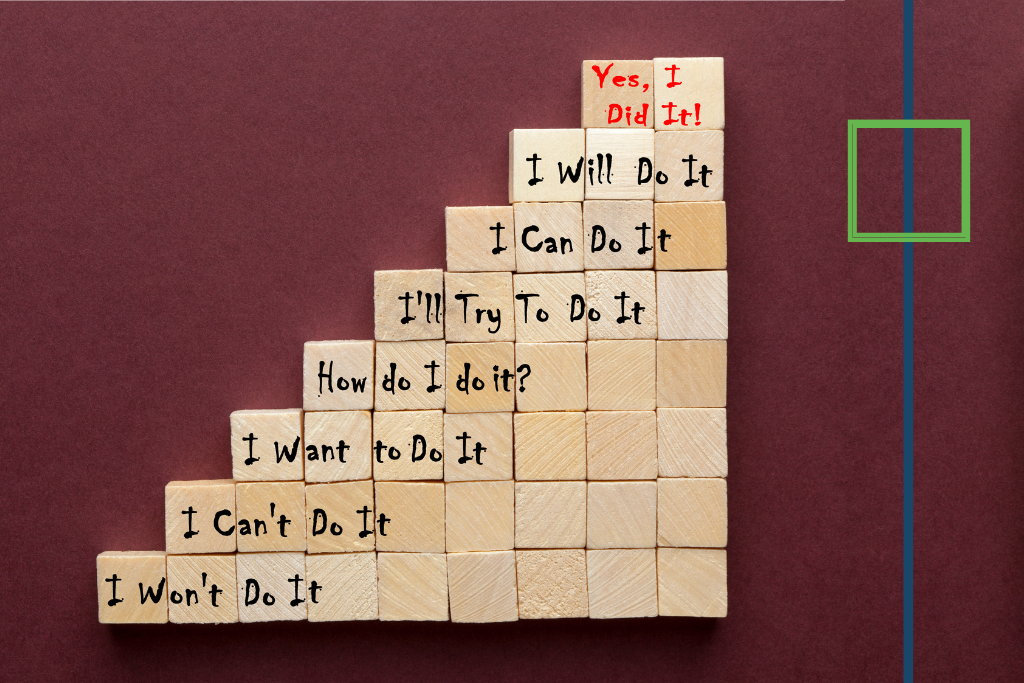Sponsorship can be an important part of the recovery process, either independently or after an inpatient rehabilitation experience. In fact, almost everyone, from therapists to Hollywood blockbusters, emphasizes the importance of a sponsor, painting this special person as an indispensable part of recovery from drugs and alcohol. But what exactly is an AA sponsor, and how does he or she affect sobriety?
Pop culture paints sponsorship as a mysterious and troubled relationship that may have romantic or dysfunctional undertones, like Dexter’s whirlwind affair with his sponsor Lila in Showtime’s Dexter. In these contexts, sponsors often exist as a plot device and little else, supporting – or harming, as the case may be – a character’s recovery for brief periods of time. However, these kinds of depictions often miss the mark entirely. In reality, sponsorship is a serious commitment that helps define the 12-Step process and facilitates long-term sobriety.
The History of AA Sponsorship
The idea of sponsorship is considered a central tenet of Alcoholics Anonymous. Originating in the earliest days of AA, sponsorship evolved out of founder Bill Wilson’s realization that sobriety often necessitates outside assistance.
After only a few months of sobriety, Bill found himself struggling to avoid cravings, and, out of a need for companionship in his journey, he partnered with Dr. Bob Smith. Together, the two men developed a camaraderie that led to the creation of Alcoholics Anonymous and the 12 Steps of Recovery.

Today, sponsorship is a beloved part of the AA model, offering a strong support system based on one common goal: staying sober.
Defining Sponsors in AA
In AA, a sponsor is an individual appointed to oversee and support a newcomer to the 12-Step process. After deciding to commit to AA, new members choose a senior member who is farther along in the Steps to provide guidance and mentorship.
An effective AA sponsor:
- Is committed fully to his own sobriety and the sobriety of his sponsored member
- Answers questions about staying sober and coping with stressors
- Leads by example by practicing good habits and avoiding temptation
- Encourages AA meeting attendance on a regular basis
- Offers support and counseling when sobriety becomes a challenge
- Promotes the benefits available through AA
- Provides guidance on the 12 Steps
- Explains the importance of the Steps to spouses and family members
- Demonstrates hope and encouragement as a representation of healthy sobriety
Not all members will make good sponsors, and not all sponsors will be right for all members. The sponsorship process is often exceptionally individualized and is based on both sponsor attitude and unique new member needs.
Choosing an AA Sponsor
Choosing an AA sponsor isn’t always easy, but the right choice can strongly influence sobriety. The wrong sponsor can fail to offer support when you need it most, pay attention to your concerns, or help you commit to the steps, increasing the likelihood of relapse. A good sponsor, on the other hand, will do the opposite, standing by you when times are tough, dedicating time to helping you commit to the process, and supporting you day and night when temptation strikes.
When choosing a sponsor, it’s important to keep in mind what kind of person you are and how you best respond to feedback. If you can accept harsh criticism without taking it personally, a no-nonsense sponsor may be the best choice to keep you on track. However, if you prefer a more nurturing relationship, a warmer, more caring sponsor may be a better fit.
In addition, there are several other components new AA members should keep in mind.

The Right Sponsor Should…
Be Your Same Gender
While not an official rule, AA members are generally strongly encouraged to choose a sponsor of the same gender. This can serve multiple purposes, including the elimination of romantic interest for many individuals and the benefit of a more relatable perspective. For example, a single mother struggling with addiction may find better support from someone who knows how to weigh the demands of work and motherhood with recovery.
Have Experience in the Steps
The Steps are a key part of recovery in AA, setting 12-Step programs apart from other treatment options. In order to ensure a successful process, experience in the Steps is essential. A good sponsor should be able to able to relate each Step to personal experience to provide the best foundation for success.
Have a Sponsor
A good sponsor’s best teaching tool is his own sponsor. The lessons, concepts, and experiences provided through sponsorship can provide a base of knowledge for the future, helping newcomers to transition into strong, effective sponsors for the next generation of AA members.
Speak Honestly and Openly
Honesty is important in recovery. When times get tough, your sponsor should be your anchor, offering truthful feedback on your situation. There are no advantages to dishonesty and lies when times are tough, so the ability to provide a realistic viewpoint in both good situations and bad can be an advantage on the road to lasting sobriety.
Hold Passion for the Process
Some people in AA enjoy the community but don’t take a strong interest in the Steps. While this is fine – AA serves to support a wide range of individuals – the best sponsors are those who are truly dedicated to the program.
Let Recovery Work for You
Alcoholics Anonymous and its many substance-specific deviations have long provided an enduring outpatient resource for those committed to sobriety. The right sponsor choice can can be extremely important in facilitating effective recovery, providing a support system who understands both where you’ve been and where you’re going.
If you or someone you love is facing an addiction to drugs or alcohol, the program you choose can make all the difference. As an inpatient detox and rehabilitation center, Level Up Lake Worth is here for you in your time of need. Contact us today to learn more about how our doctors, nurses, and counselors can provide dedicated guidance throughout your recovery.

